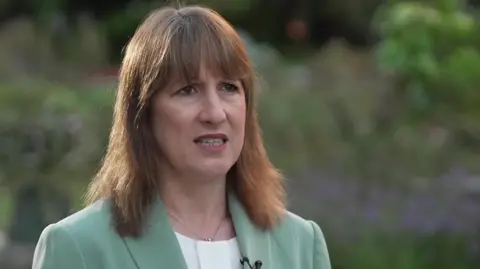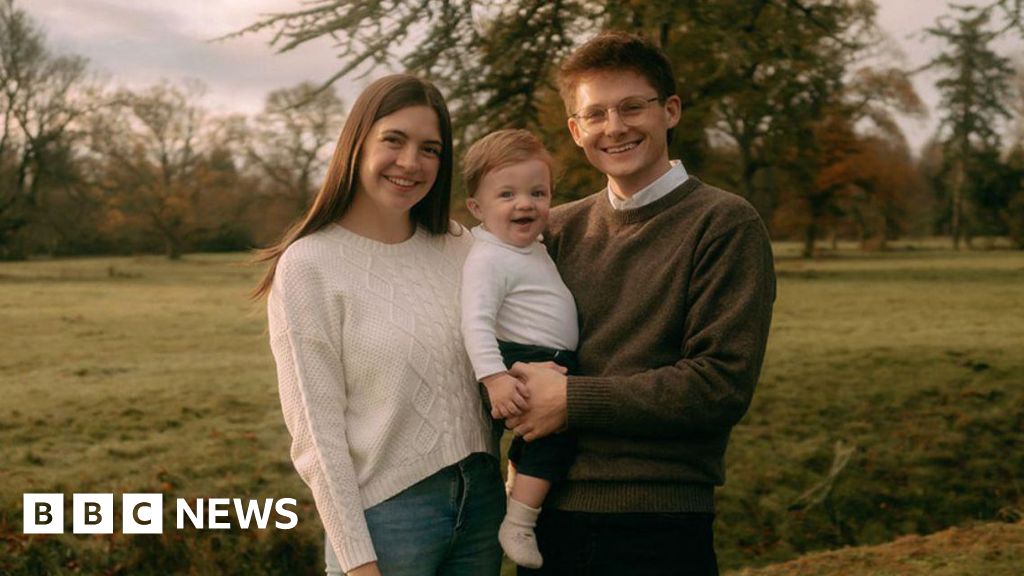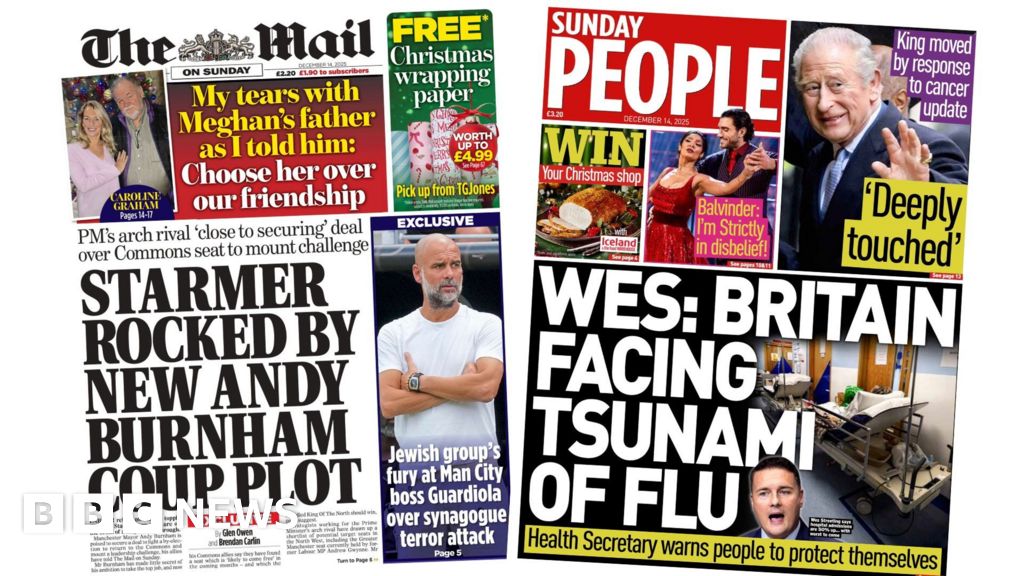Faisal IslamEconomics editor

 BBC
BBC
Chancellor Rachel Reeves has said she is planning "targeted action to deal with cost of living challenges" in next month's Budget.
Speaking to the BBC, she said it was the job of both the government and the Bank of England to reduce inflation.
The UK's inflation rate is forecast to be the highest among the G7 group of developed nations this year and next.
The BBC understands that the government could intervene to bring down energy bills, for example, by cutting the current 5% rate of VAT charged on energy.
Another option is to reduce some of the regulatory levies currently added to bills.
The government will receive the next draft from the official forecaster, the Office for Budget Responsibility (OBR), on Monday, which will reveal how much space there is for such a measure.
The expectation from most analysts is that Reeves will have to announce tax rises or spending cuts in order to meet her self-imposed borrowing rules
Earlier on Thursday, the Institute for Fiscal Studies calculated there was a £22bn gap for the chancellor to fill, which is at the lower end of expectations.
"There's a shared job between the Bank of England and the government to bear down further on some of the causes of inflation," Reeves told the BBC in Washington, at the annual meetings of the International Monetary Fund and World Bank.
While much of the focus has been on likely tax rises, the chancellor said the latest information from the OBR had not changed her commitment to manifesto promises not to raise rates on income tax, VAT or National Insurance.
She blamed an "uncertain world" with rising geopolitical and trade concerns for the Budget tax moves, likely to be focused on those "with the broadest shoulders".
Referring to the concerns about the UK's economic relations with China she said: "Our national security always come first."
Last week's announcement by China to tighten export controls on rare earths and other materials that are key for advanced tech manufacturing led US President Donald Trump to threaten an additional 100% tariff on imports from China, raising the prospect of an all-out trade war between the two economic giants.
US Treasury Secretary Scott Bessent called China's move "economic coercion" and "a global supply chain power grab".
Asked about accepting the US offer to join it in its battle with China, Reeves said she was "very concerned" by China's actions and urged the Chinese government "not to put up barriers and restrict access".
She said the move was "bad for the global economy and creates further headwinds".
"I believe there are areas where we must challenge China, but there are also important opportunities to sell into Chinese markets, including financial services and other areas of the economy. We've got to get that balance right."
The chancellor also confirmed she was working with G7 counterparts "on our own critical minerals strategy, so that we are less reliant".
Reeves also acknowledged that the price the NHS pays for medicines could go up as a result of ongoing negotiations with the Trump administration and its drugs companies, in return for lower tariffs and investment.
Some of the world's largest drug companies have said recently that they are either pausing or scrapping projects in the UK, with some blaming the low prices they are receiving.
Last month, Science Minister Patrick Vallance said the price the NHS pays for medicines would need to rise to stop companies and pharmaceutical investment leaving the UK.
Reeves told the BBC: "We have seen because of the pricing regime, that clinical trials, new drugs have not been offered in the UK in the way that they are in other European countries.
"We want to make sure that people getting treatment from the NHS are able to access the best life-saving drugs in the world. And so we are looking at all of that, and… looking to secure more investment into Britain."
.png)
 1 month ago
11
1 month ago
11








 English (US) ·
English (US) ·